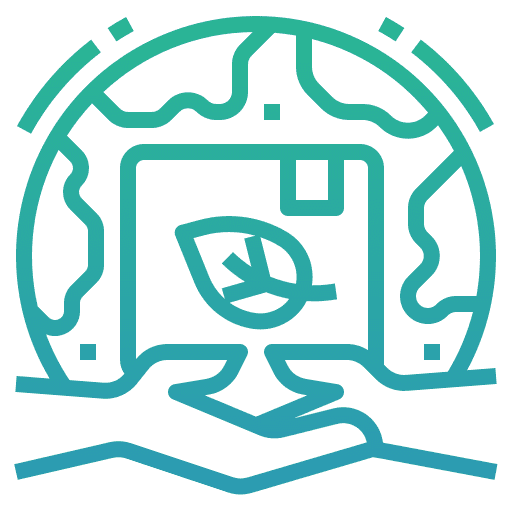A 2020 policy brief by the United Nations termed urban areas as the epicentre of the COVID-19 pandemic, with 90 percent of cases worldwide. It also highlighted the path to recovery through goal 11 of the Sustainable Development Goals (SDGs) by making cities greener, healthier, and more resilient (UNDP, 2020). Making cities healthy requires a synergic and holistic approach involving hardscape (habitat) and softscape (habits) (NUA, 2016). The Addis Ababa Action Agenda recognises the integrated nature of sustainability and emphasises the need for holistic cultural, strategic, and financing frameworks through locally- based knowledge and nationally-owned strategies (UN, 2015). Ancient traditions from the Asia-Pacific area, such as Vastu Shastra and Feng Shuei, also constitute ancient architectural systems based on traditional medicine. An upgrade of long-lasting and well-established traditions could be reinforced by innovative holistic approaches to cities. A protocol based on urban form and qualitative strategies could implement SDG-11 and deepen the sustainability efforts through local-national-global convergent actions, supporting healthy habitats, habitants, and habits.
Register for Updates
Would you like to receive updates on the Global Solutions Initiative, upcoming events, G7 and G20-related developments and the future of multilateralism? Then subscribe here!
1 You hereby agree that the personal data provided may be used for the purpose of updates on the Global Solutions Initiative by the Global Solutions Initiative Foundation gemeinnützige GmbH. Your consent is revocable at any time (by e-mail to [email protected] or to the contact data given in the imprint). The update is sent in accordance with the privacy policy and to advertise the Global Solutions Initiative’s own products and services.









